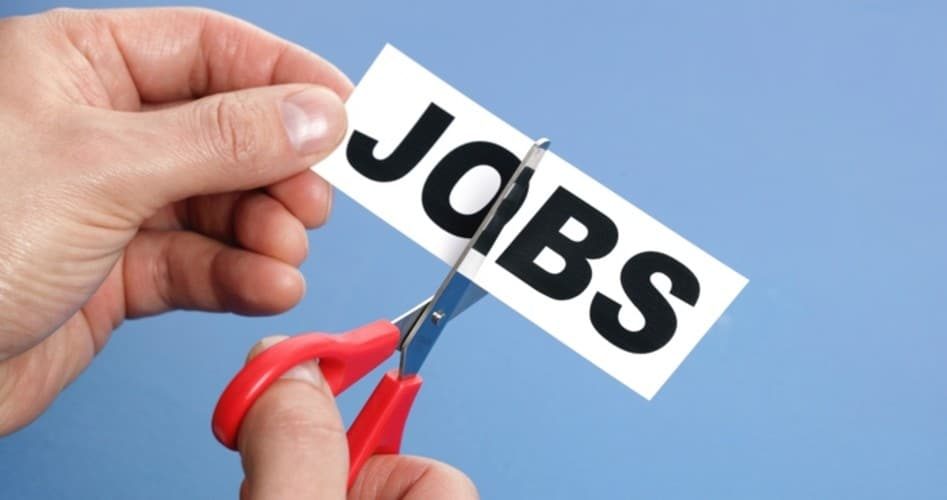
New York City restaurants and their employees are suffering as a result of a minimum-wage hike that was, as usual, sold as a way to improve the lot of workers, according to the New York Post.
Under a 2016 law signed by Governor Andrew Cuomo, the Big Apple’s minimum wage was increased to $15 an hour for all employers last December.
“New York State is leading the way fighting for economic justice and making a real difference in the daily lives of New Yorkers,” Cuomo, a Democrat, said in a press release touting an earlier phase of the minimum-wage boost.
Cuomo has indeed made a “real difference in the daily lives of New Yorkers.” By raising the cost of doing business, he has made it even harder for New Yorkers to earn a decent living. “In a survey of 324 full-service restaurants, the New York City Hospitality Alliance found that 76.5 percent of respondents cut staff hours and 36.3 percent eliminated jobs, including whole layers of middle management, in response to mandated wage increases,” wrote the Post.
“It’s death by a thousand cuts,” Hospitality Alliance executive director Andrew Rigie told the paper. “The minimum wage increases put pressure on small businesses. They are well-intended but unsustainable. There’s only so many times you can increase the price of a burger and a bowl of pasta.”
Gabriela’s Restaurant and Tequila Bar, for example, is closing its doors after 25 years in business, and owners Liz and Nat Milner place the blame squarely on the minimum wage. They say they’ve had to drop a quarter of their staff, which has led to lower quality, which in turn has caused a drop in business.
“We started by having to let go of the ladies who hand-made our tortillas. It’s certainly better when you can make your tortillas fresh for every taco,” Nat Milner said. “It made sense at $8 an hour but not at $15.”
After that, Milner recalled, they had to lay off “two overnight cleaners, a whole level of middle management, the general manager, the extra servers we’d keep on in case it got busy — and then we started cutting hours.”
“I’m not against people making more money,” Milner said. “These people have worked for me for 20 years. But taxes, groceries, everything is going up and people have a little less money to spend on guacamole and tequila.”
Philippe Massoud, CEO and executive chef of two Lebanese restaurants in Manhattan, told the Post that “rising wages have forced him to cut hours for his 180 employees, yank labor-intensive dishes from the menu and cut back on staff education events like wine seminars” — the last because “new regulations require that employees who receive tips can no longer spend more than 20 percent of their time on work that doesn’t involve interacting with customers.”
“I can’t even train or educate my staff the way I want to anymore,” he said.
While Massoud agrees that wages weren’t previously keeping up with the cost of living in the city, he also maintained, “It’s unfair to put that burden on the shoulders of business.” The restaurant industry, he said, has seen its already narrow margins shrink even further since the minimum-wage hike.
“It has decimated our financial performance,” he declared. “We are a high-risk business with low returns and we are no longer attractive to investors.”
One investor, Ricky Passarelli, told the Post the wage increase was the “main reason” he sold off his shares in 10 restaurants.
“That’s why I sold,” he said. “I’d love to give all my staff raises to $1,000 an hour if I could. But as expenses are going up, the volume of sales is going down.”
As always, raising the minimum wage, while it may increase some people’s take-home pay, does so at the expense of others.
“All this is fine with the union organizers behind the ‘fight for $15’ and the elimination of the tipped-wages system: They don’t care about any job, or any business, that doesn’t play ball with organized labor,” the Post observed in an op-ed.
“Plainly, Gov. Andrew Cuomo and the Legislature, who are passing the laws the unions want, don’t care much, either. For shame.”



